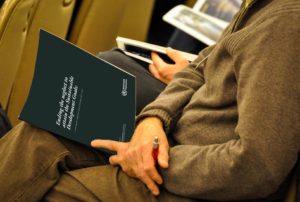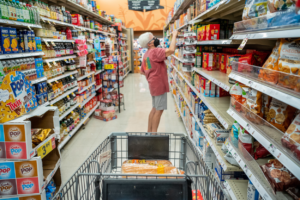Although African American and Indigenous residents are referred to as the beneficiaries of the commission’s proposed budget, the primary beneficiaries are instead driven by zip codes assuming income-eligible characteristics
By April BrownUpdated October 21, 2022, 6:00 a.m.
In January, Providence Mayor Jorge Elorza announced his plan to use millions in American Rescue Plan Act funds for reparations and community resources. The city sought to create and empower a public body to determine how to spend the money. That public body would “address disparate impacts of COVID-19 due to structural racism and provide reparation to impacted individuals,” Elorza said.
The challenge with Elorza’s reparations spending plan is that it is not, in fact, reparations.
Reparations has a specific practice, protocol and process that has, in its foundation, a moral imperative as referenced in the CARICOM Reparations Commission and the exemplary Truth Commission in South Africa.The reparations process includes a specific recognition of a harm done to a marginalized community and a full and formal apology. It is followed by repatriation of people, and then by additional actions to ameliorate the harm done. Those actions can include correcting literature so that the harm does not continue, a development program for indigenous people, investment in cultural institutions, public health initiatives to alleviate the burden, an awareness campaign so that all know the rights necessary to return to those who lost them, and finally, debt cancellation.




